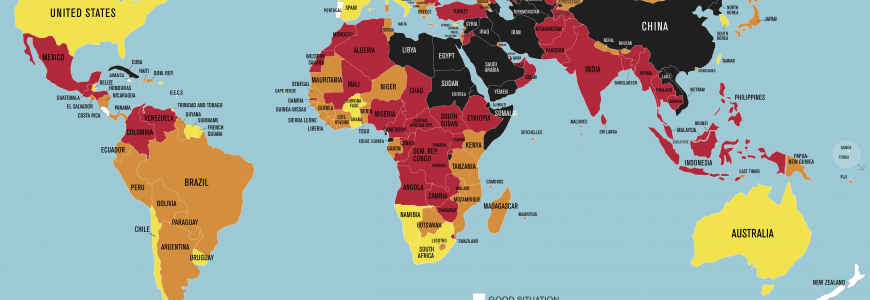When Eldar Mahmudov fell out of favor with Azerbaijan’s government, he fell hard.
In October 2015, the country’s national security minister was dismissed from his powerful role by a presidential order. Within days, wild stories peppered local media outlets about raids on his villa, where police discovered glass jars full of diamonds and cardboard boxes stuffed with foreign currency. His ministry associates were reportedly arrested on various charges linked to corruption and extortion, and a statue honoring his late father — a famous economist — was unceremoniously demolished.
Dethroned Azerbaijani Elites Made Big Investments in Europe









